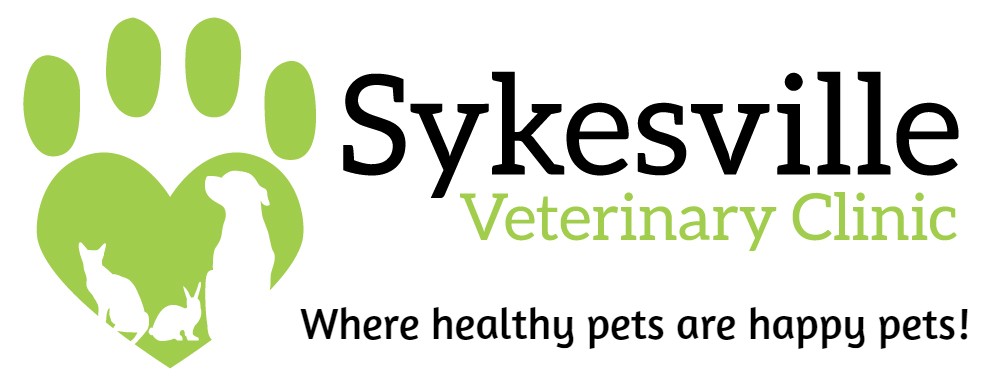If you own a pet rabbit, you know all too well that rabbits are nonstop chewers and require the best in pet dental health care. They chew not only to eat and ingest a high-fiber diet but also for other reasons, such as: expressing happiness, pain or frustration; adjusting to their environment; exploring new objects; marking their territory; grooming themselves, and more.
For all these reasons, pet owners should be knowledgeable about rabbit dental care measures. Remember, it is important to detect problems early in order to consult a veterinarian and administer proper treatment right away. Your little bunny’s survival depends on good oral health.
Conduct Regular Oral Checkups
Start by checking your pet’s head and face. Have your pet sit in front of you with their back facing you. Touch the sides of their face and under the jaw. Take note if both sides feel the same. Check if there are any swellings or bulges on any side.
Apply a firmer pressure on the side of the jaws and see if your rabbit flinches at some point. If he or she does, there must be pain in the mouth. If there is, or if you notice any changes, be sure to report to the vet as soon as possible.
Incisors Need Extra Attention
Examine the incisor teeth, which are located at the front of the jaw and are easy to check. Have your rabbit lie down in front of you and part the lips gently as if to make him or her smile. The four big teeth—the two teeth on the top and two teeth on the bottom—are the incisors and they should not be loose. The gums should be a healthy pink, and not purple or red.
Also check to see if there are any foreign objects around the teeth. If the teeth do not meet when they close, this might mean that the rabbit has a malocclusion. Consult your vet regarding this problem.
Take Care Examining the Auxiliary Incisors
Check the auxiliary incisors, which are the teeth behind the upper incisors that look like pegs, and, therefore, called “peg teeth.” They rarely cause any problems but, just to be sure, make these a part of your routine checkup.
Identify Grinding Teeth Issues
Inspect the cheek teeth, which are also known as the “grinding teeth,” and see if there are any problems. These are the teeth that can be found in the far back of the mouth.
You should watch for the following signs: drooling, wetness around the mouth, swelling, warmth, pain in the jaw, or pain under the chin. There may also be changes in food preferences—some rabbits prefer to chew on softer foods when in pain. As well, there can be a loss of appetite, loss of weight, bad breath, a frequent grinding of these teeth and grumpy behavior.
Take other Pet Dental Health Care Precautions
In addition to conducting regular checkups, you also need to create a safe environment for your pet. Provide safe chewing objects such as dried pinecones, straw mats and cardboard. Keep him or her away from dangerous areas such as places where there are electrical wires, and don’t let your rabbit swallow any small items that can obstruct his airways.
Always keep a watchful eye on your pet bunny. Accidents can happen when you least expect them so you must always be careful. Along with conducting regular face and tooth checkups of your rabbit, take him or her to a veterinarian for professional pet dental health care checkups or for any other related problems as soon as they occur.
Creative Commons Attribution: Permission is granted to repost this article in its entirety with credit to Sykesville Veterinary Clinic and a clickable link back to this page.
